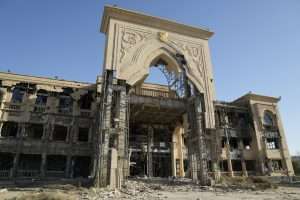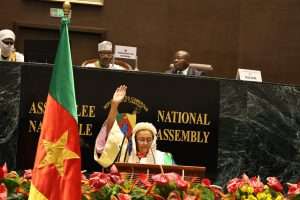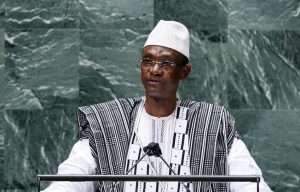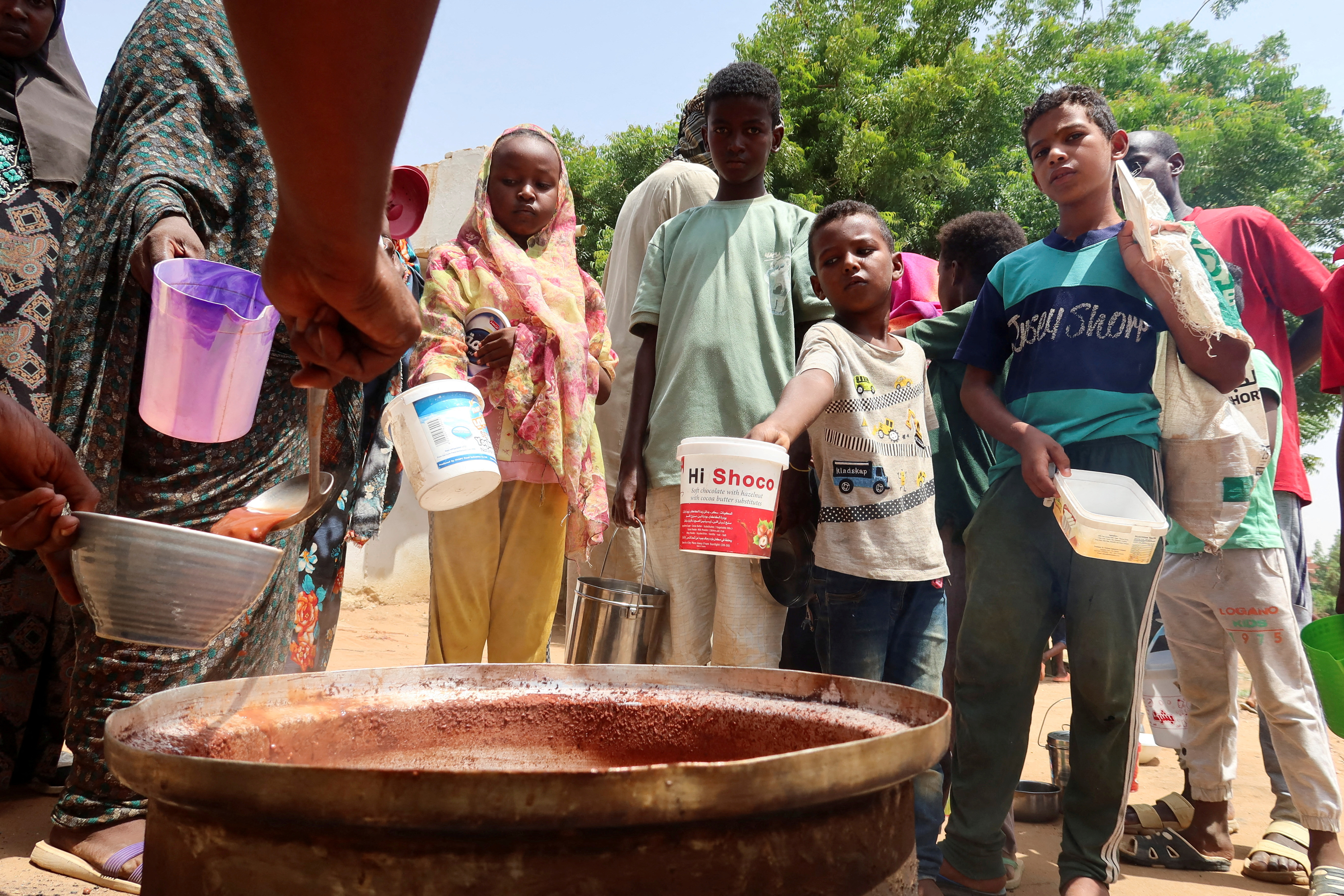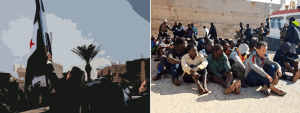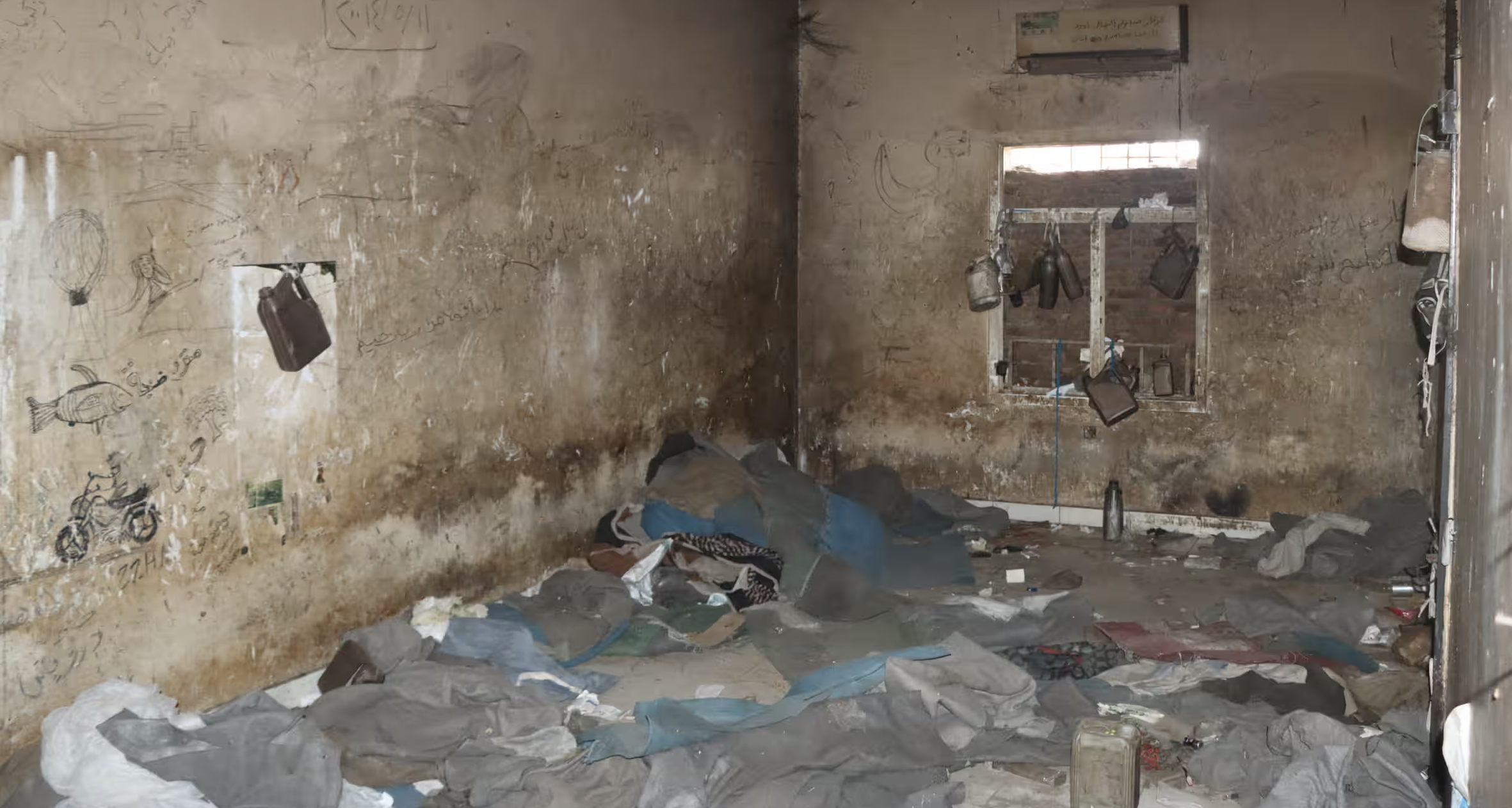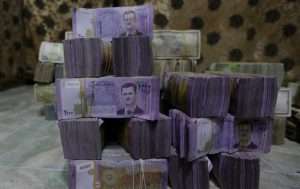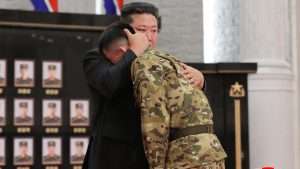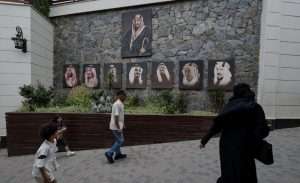Chad: opposition leader was killed in cold blood
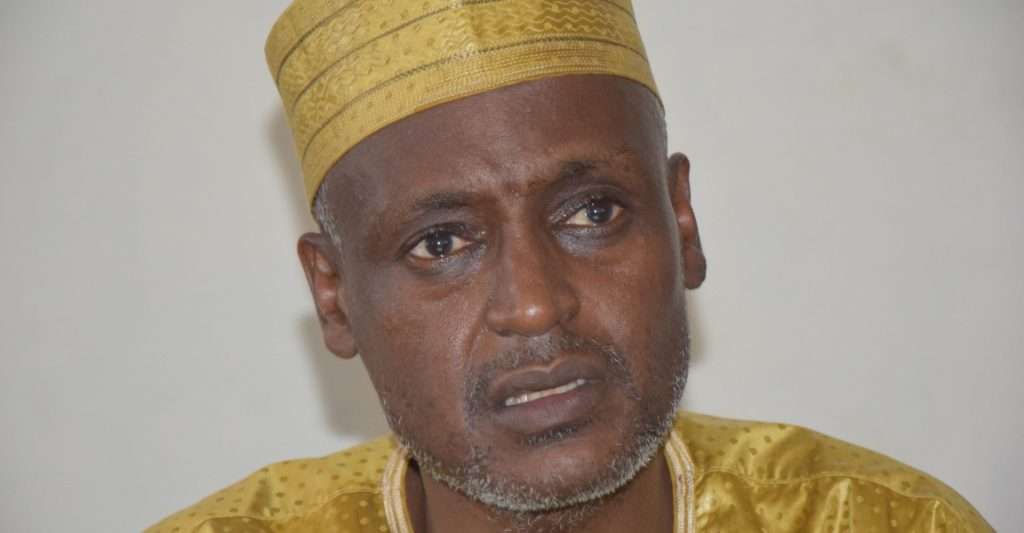
Experts suggest that the Chadian opposition leader who was killed by government troops in N’Djamena was shot at point-blank range, Reuters reported.
Five forensic experts declared that Yaya Dillo had been shot in the side of the head in close proximity, during an attempted arrest on 28th February after reviewing a photograph of Dillo’s fatal wound.
State prosecutor, Omar Mahamat Kedelaye said that Dillo had been killed in an exchange of fire with security forces, reported Al Jazeera.
READ: Baria Alamuddin: Sahel awash with coups and chaos
However, UK pathologist, Professor Derrick Pounder said the gunshot wound was “incompatible” with that of gunfire exchange.
Professor Pounder, who has previously consulted for human rights groups and the UN felt confident that “this is a contact gunshot wound,” and that Dillo’s murder “strongly corroborates the allegation of an extra-judicial execution.”
Three of the experts commented on the visible black marks around Dillo’s wound, stating that they were likely caused by the proximity of a gun to the skin.
Dillo’s fatality was labelled as an assassination by the opposition, due to the military’s extreme assaults on Dillo’s party headquarters.
On the 29th February, the party headquarters was demolished. .
In December, a vote for a new constitution was approved by the Supreme Court. Critics revealed that the amendments to the Chadian law could potentially secure the power of junta leader, Mahamat Idriss Deby, The Guardian reported.
Although Reuters was not able to establish how Dillo was killed, human rights groups including Human Rights Watch (HRW) and the Office of the UN High Commissioner for Human Rights (OHCHR) have called for an independent investigation with fears regarding the fast-approaching presidential elections in May 2024.
This year’s elections are meant to bring an end to the country’s military rule.
France and the US have refrained from commenting on the death of Yaya Dillo as Deby is regarded as a significant security partner and as a counterweight to the increasing Russian influence across North Africa, as seen in Libya, Mali, and Burkina Faso.
Reuters/Al Jazeera/The Guardian
Want to chase the pulse of North Africa?
Subscribe to receive our FREE weekly PDF magazine




